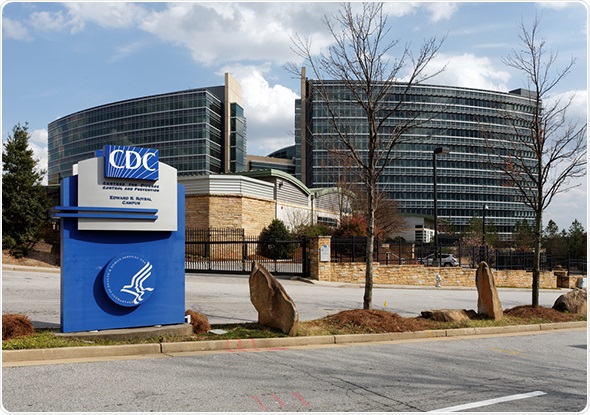The deadly bug Clostridium difficile (C. diff) infected more than 450,000 people in the U.S in a single year, according to new research funded by the Centers for Disease Control and Prevention (CDC).
"C. diff was responsible for almost half a million infections and was associated with approximately 29,000 deaths in 2011," reported the research team in the New England Journal of Medicine.
"This is the first study that really highlights the important burden of this infection," says Ghinwa Dumyati (University of Rochester Medical Center), who contributed to the research with the CDC.
Dumyati also says the driver of this infection is antibiotic use. When an individual takes a broad-spectrum antibiotic, the “good” bacteria in their guts that protect against infection are suppressed, making the patient vulnerable to infection with C. diff. Once infection has occurred, it is very difficult to fight because the bacteria release a toxin in the body that cannot be combated with drugs. The bacteria also release spores that cannot be killed by hand sanitizers or antibiotics and they linger in various areas of the hospital or in the body.
The new national estimate for C. diff infection is almost double the amount predicted by previous surveys, which gave estimates of between 240,000 and 333,000.
For the current study, the researchers performed an active population-based and laboratory-based count of people infected with C. diff across ten U.S regions during 2011. Cases of infection were classified as either community-associated or healthcare-associated. The team identified 15,461 cases of infection across the ten regions and extrapolation of this figure across the whole country lead to an estimate of 453,000. The researchers report that of the 15,461 cases identified, 66% were healthcare-associated, but only 24% were associated with hospitalization.
 Katherine Welles / Shutterstock.com
Katherine Welles / Shutterstock.com
The number of people who have been infected has probably been undercounted for previously because it has not included those who get sick after they leave hospital. The current study also showed that people are not just becoming infected while they are in hospital, but also while they are in the dentist’s chair, the doctor’s office and other healthcare settings.
Previous research has indicated that C.diff is now the most commonly occurring microbial cause of healthcare-associated infection in U.S hospitals and accounts for an excess cost of 4.8 billion a year just for acute care settings alone. The current study found that a fifth of patients with healthcare-associated C.diff infection experience recurrence of the infection and that one in nine of them who were aged at least 65 were dead within 30 days of being diagnosed.
CDC Director Tom Frieden says:
C. difficile infections cause immense suffering and death for thousands of Americans each year. These infections can be prevented by improving antibiotic prescribing and by improving infection control in the healthcare system. CDC hopes to ramp up prevention of this deadly infection by supporting State Antibiotic Resistance Prevention Programs in all 50 states.
Deputy Director of CDC’s Healthcare Quality Production Division agrees: “If we can improve antibiotic prescribing, we can expect to see better C. diff rates.”